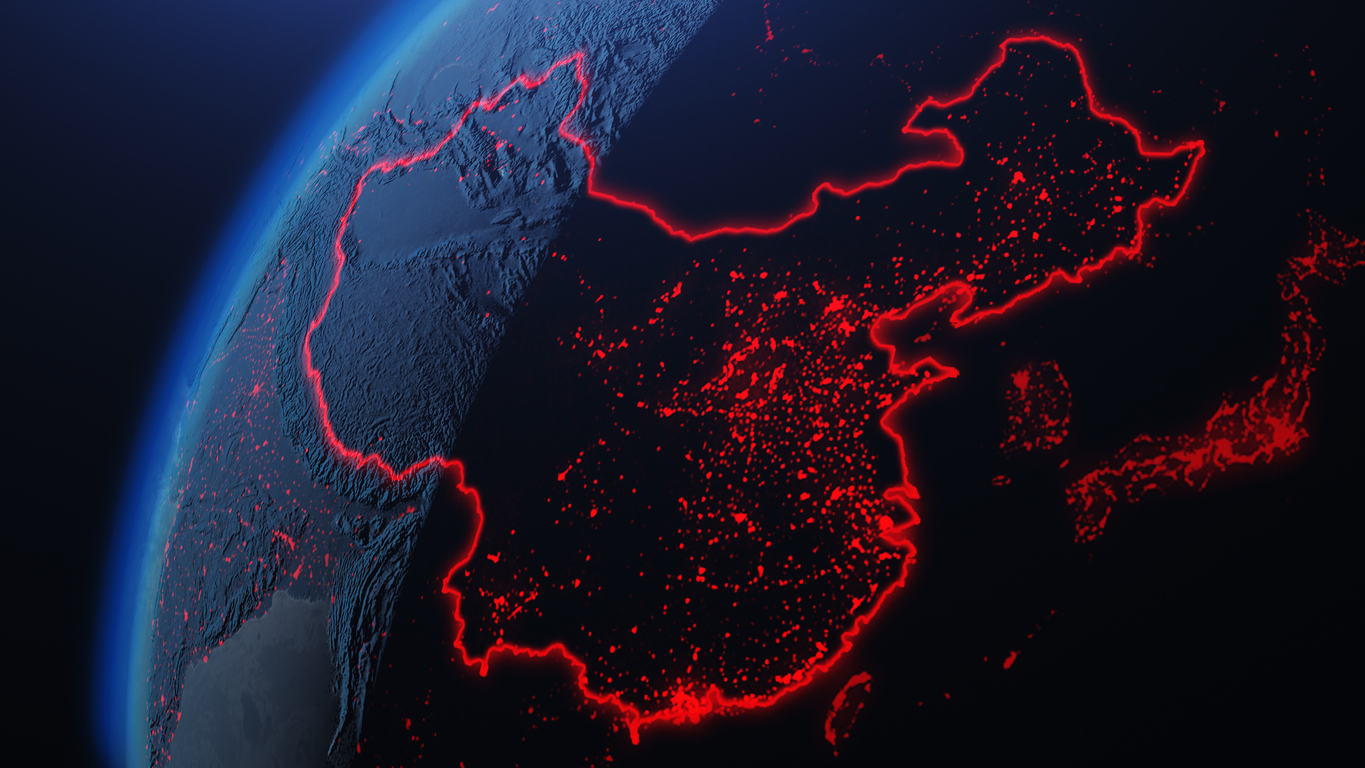
Coronavirus Threatens Supply Chain
Shortly after the first person-to-person transmission in the United States last week, the World Health Organization classified the coronavirus as a global health emergency. More than 900 people are dead, at least 40,000 infected, and roughly 35 million quarantined in the Chinese city of Wuhan and the surrounding area, where the virus originated.
As if that’s not bad enough, the outbreak threatens global trade far more than any tariffs or political disputes could. While Apple and dozens of other American companies have been forced to shutter retail stores and corporate offices throughout China, the coronavirus is a bigger threat to the tech giant’s supply chain.
“We do have some suppliers in the Wuhan area,” Apple CEO Tim Cook said on the company’s Jan. 28 earnings call. “All of the suppliers there are alternate sources and we’re obviously working on mitigation plans to make up any expected production loss … With respect to supply sources outside the Wuhan area, the impact is less clear at this time.”
They’re not the only ones affected. Hyundai, the world’s fifth largest automaker, had to shut down production in South Korea because of a shortage of parts coming from China. Wuhan is home to nine auto plants.
Ironically, the bulk of the world’s supply of masks and respirators used to fend off such infections are made in China. The United States, for example, imports 95 percent of its surgical masks and 70 percent of its respirators, based on US Department of Health and Human Services data.
It’s still too early to tell how hard the supply chain could be hit, since most factories are already closed for the Lunar New Year – a closure the Chinese government extended – but if the coronavirus outbreak lingers, it could have far-reaching effects.
Although oil and gas services, cruise lines, and base metals industries are expected to be hit the hardest by the coronavirus, according to Saxo Bank, the ripple effects of this epidemic are starting to rock the food and beverage supply chain. Spice giant McCormick & Co. addressed the closure of all three of its Chinese manufacturing facilities in its latest quarterly earnings call.
“All of our Wuhan facility activity, from sourcing of materials to distribution of manufactured products, is contained within the Chinese market, and at this point, it’s too soon to quantify any business impact,” President and CEO Lawrence E. Kurzius said on the call.
Dietary supplement makers could be hit especially hard, since so many of their ingredients – as much as 90 percent by some estimates – are imported from China.
While incidents like this are obviously hard to predict, this is just the latest threat to an increasingly interconnected supply chain. Whether it’s a labor stoppage, a natural disaster, or a supplier simply going out of business, when an ingredient suddenly becomes unavailable, it can dramatically disrupt normal operations – making it hard, if not impossible, for companies to get their products on store shelves.
As this outbreak continues to spread in China and beyond, supply chain leaders must take steps to avoid disruption of food and dietary supplements production now and prepare for future incidents. TraceGains will host a webinar at 11 AM MT on February 27, 2020, to show immediately available tools that can help avoid supply chain interruptions and keep plants operational. Save your spot for this free webinar here.
